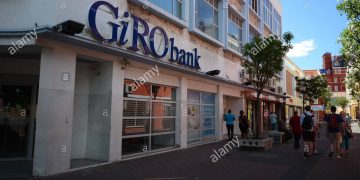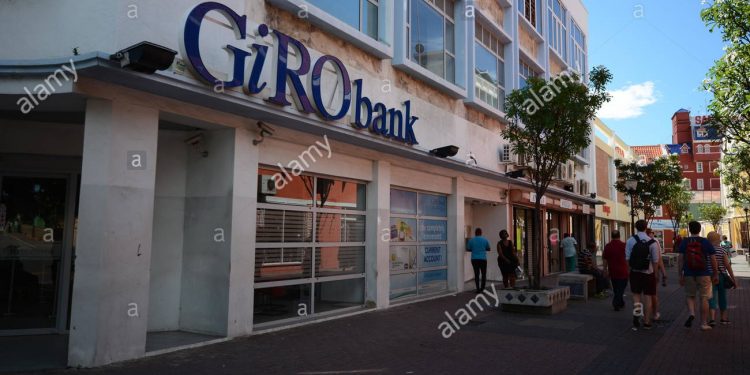WILLEMSTAD, NEW YORK – The accusations of the Girobank against the owners of IIG Bank have now been levelled by the United States Securities Exchange Commission against an investment advisor.
The SEC complaint filed against The International Investment Group – a New York based member of Malta’s IIG Bank group – alleges that it committed “a string of frauds to cover up tens of millions of dollars in losses on bad bets and keep its investment advisory business afloat.”
IIG specializes in trade finance lending, or risky loans to small- and medium-sized companies in emerging markets, and serves as the adviser on several private investment funds, namely the Trade Opportunities Fund (TOF), the Global Trade Finance Fund, and the Structured Trade Finance Fund.
According to the SEC, in 2007 IIG engaged in a practice of hiding losses in the TOF portfolio by overvaluing troubled loans and replacing defaulted loans with fake “performing” loan assets. “When it was necessary to create liquidity, including to meet redemption requests, IIG would sell the overvalued and/or fictitious loans to new investors, including, ultimately, to GTFF and STFF, and use the proceeds to generate the necessary liquidity required to pay off earlier investors.”
IIG is also accused of having taken $6 million from one of the funds under its control to finance a defaulted loan, making it appear that the borrower was creditworthy. To plug that $6 million hole it had created, IIG sold the fund a new fake $6 million loan so that it could reimburse the account it had raided to make the earlier payment.
“The relief sought in this action, including an asset freeze, is necessary to, among other things, prevent further harm to Defendant’s clients and to restrain and enjoin Defendant from violating the federal securities laws,” stated the regulator.
It has been previously reported that the owners of IIG Malta are also implicated in a multi-million lawsuit in a New York court, accused by a bank the Girobank in Curaçao of unjust enrichment in a $93 million loan ‘scheme’.
Until recently, IIG Malta was itself implicated in the case, accused of having acquired a line of credit from Girobank without paying back the money being loaned.
But since the case got underway, IIG Malta is no longer directly one of the defendants, and instead it will be its ultimate beneficial shareholders – David Hu and Martin Silver – who have to answer to the accusations of Girobank.
The bank says that Hu and Silver, as owners of the Internal Investment Group LLC – and directors of the Malta bank – acquired a controlling interest in Girobank, to extract loans from the bank without paying the money back.
As a result of the “widespread fraudulent scheme”, Girobank says that its financial position significantly deteriorated, and was placed under an emergency measure and finally under control of the Central Bank of Curacao and Sint Maarten.
The bank says that IIG Group made false representations in a bid to have its investment fund.
Trade Opportunities Fund (TOF) acquire a controlling stake in Girobank, and then use the bank’s cash for loans and pay out TOF’s own creditors.
Girobank says that although touted as its flagship fund, IIG’s TOF had struggled after the 2008 financial crisis and approximately 70% of its investors were demanding their investments to be redeemed. “To improve TOF’s financial position… Hu and Silver sought a deep pocket partner to which they would sell their trade finance loan portfolio, much of which was stale and defective, and reinvigorate TOF with new liquidity to pay off TOF’s disgruntled investors.”
Crucial in the prospective sale was Girobank director Eric Garcia, who wanted to sell the majority shareholder Totalbank’s stake in Girobank, to IIG. Since then, Garcia, 78, has been sentenced to four years in a Curacao prison for the embezzlement of $11 million, forgery and money laundering in a phoney mortgage scheme and for preparing a false bankruptcy report.
According to Girobank, Garcia used his influence to overrule Girobank’s account managers when they started to realize that TOF and IIG Capital were buying participation interests in loans that Girobank managers had rejected.
Girobank also accused Hu and Silver of having advanced loans to borrowers in Venezuela, a very risky jurisdiction.
The Malta bank had denied being involved in any alleged scheme and said that it did not participate in the transactions at issue.


















